In the 1950s when I was majoring in English literature at the University of Pennsylvania, I often heard the word “lie” – and not only when a fisherman was challenged on the size of his catch or a politician caught with his hands in the cookie jar – or on an inappropriate sexual partner. No, I heard it when people talked about being somewhere in a prone or supine position. They would lie in bed late on a weekend morning, or lie on a sandy beach trying to get a now-dermatologically-disapproved tan.
I would hear the word “lay” only in the past tense of the above horizontal positions, or in expressions like “the lay of the land,” or, more colloquially, in regard to sexual intercourse. Even in this latter it was used in a grammatically correct way, i.e., as a transitive verb that takes an object.
But these days, the word “lie” meaning to recline in a horizontal position seems to have almost disappeared from the English language, in either its spoken or written forms. Instead, talk show participants, Oscar award winners, radio personalities (even on my revered National Public Radio), TV comics, physicians, and even many well published writers consistently say “lay” when they’re talking about someone in a reclining position.
What happened over the past sixty years? How did “lie” virtually disappear in the usage of even many (fortunately not all) educated people? My American Heritage Dictionary (4th edition) says that the two forms have been confused since the 1300s and the usage guru Bergen Evans wrote in 1957, “At present the verbs lie and lay are hopelessly confused in many people’s minds. The confusion is so great and these technically incorrect forms are heard so often, that some grammarians believe they should be recognized as standard English.”
Jack Edelson, my English teacher at The Philadelphia High School for Girls, used to caution us not to base our speech patterns on “what sounds right.” “With so many radio announcers making grammatical mistakes on the air,” he would say, “the wrong starts to sound right.” I know that Mr. Edelson would heartily agree with New York Times usage expert Theodore Bernstein’s assertion: “These confusions are not infrequent, but the errors can only be classed as illiterate.”
Glitter Leaves
5 months ago














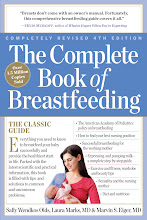







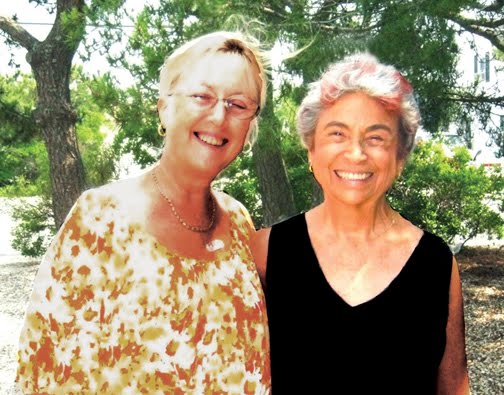.jpg)
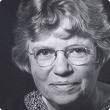




.jpg)
.jpg)
.jpg)
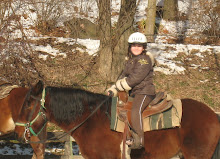.jpg)
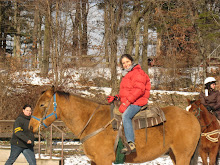



.jpg)






.jpg)
No comments:
Post a Comment